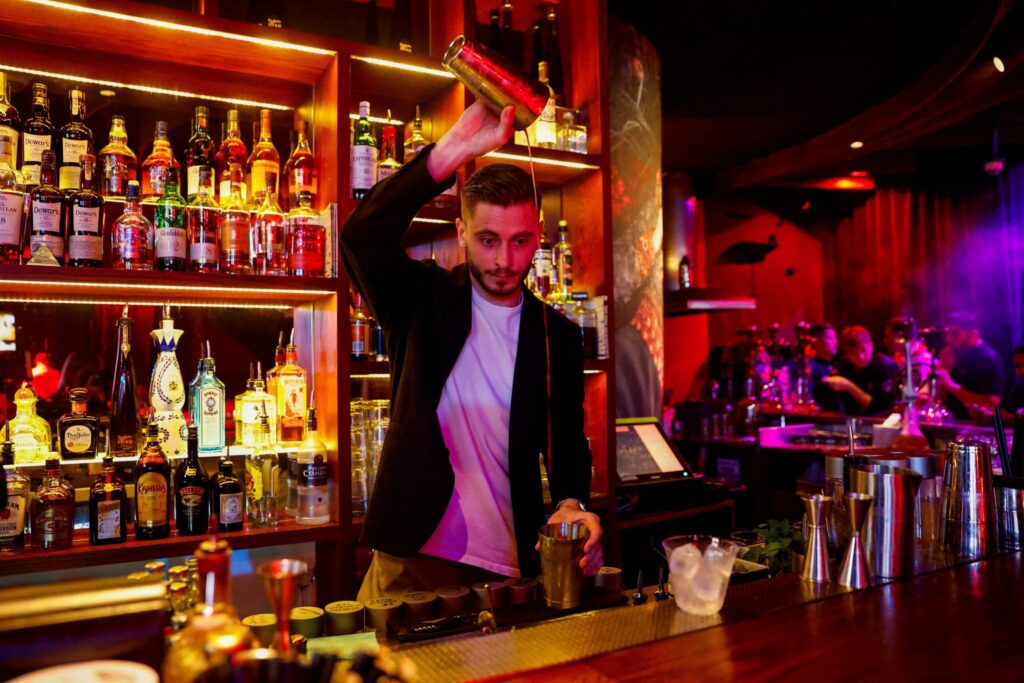I had reason to consult a new doctor recently (nothing too serious, since you ask) and decided, on the basis of some Google trawling, on one of those big clinics that seem to line Al Wasl and Jumeirah Beach Road for mile after mile.
My doc – let’s call him Dimitri – was a few months in the UAE after training and qualification from Moscow medical establishments.
The receptionists of the clinic had greeted me with a smiley “Privet”, and the names of most of the professionals on the display board were all Russian or from former Soviet countries, as indeed were most of the patients.
A kindly Filipina nurse who came to take my blood pressure addressed me in Russian at first, and when I explained I didn’t speak much of the language, lapsed back into English.
“We have mainly Russian people here,” she said, explaining she used the language by default now.
I’ve written about this before, but my little medical episode just reinforced for me the presence of the ubiquitous Russian community in Dubai, and not just in my locality, which I’ve dubbed “Marinagrad”.
I previously estimated the number of Russians who had obtained UAE residency at up to 700,000, but accept now that was perhaps a little toppy. My most recent research suggests a maximum figure of 500,000 sometime in 2023-2024, and a current estimate of around 300,000.
The exact official number is almost impossible to obtain. Inquiries to UAE immigration authorities have all gone unanswered, because they just do not break down residents into official national categories.
25,000 seems a massive underestimate. There seem to be that many Russians in Marinagrad on any given weekend evening
Thursday was Russian National Day. It coincided with a lunchtime gathering in the Dubai International Financial Centre (DIFC) in honour of a senior diplomat from one of the former Soviet countries. I took the opportunity to ask as many of the Russian speakers as possible: how many of you are in the UAE?
About 300,000 was the consensus. The man attached to an official Russian trade organisation was more explicit: “There were a lot more last year, maybe 500,000, but some have gone back, for various reasons.” He confirmed the 300,000 estimates in a subsequent text exchange.
The reasons the numbers fell from their 500,000 high included the possibility of a ceasefire in Ukraine after the election of Donald Trump, as well as “inducements” by Moscow to bring themselves (and their capital) back to Mother Russia after the large-scale exodus sparked by the invasion of Ukraine.
Not everyone agrees with my estimates. Bloomberg recently ran a piece of analysis under the title “How many Russians have migrated to Dubai because of the war?”, and ruled out “some exaggerations” (whoever could they mean?)
“We estimate that about 25,000 Russians have emigrated to Dubai,” Bloomberg concluded, and backed up that assertion with the kind of scientific analysis of official population numbers, birth rate estimates and tourism statistics for which Bloomberg is renowned.
The “exaggerations” arose, Bloomberg explained, because of confusion between resident and tourist visitor numbers – 2 million Russians came to the UAE for recreation last year – as well as the outsize impact of Russian investment, particularly in real estate.
Well, OK, I’m not about to challenge an organisation as august as Bloomberg on its very rigorous analytical approach. But I would like to point out the risks involved in relying on official figures, and the contrasting benefits of anecdote and real-life experience. Call it “data by observation” if you like.
On the basis of those more intuitive methods of inquiry, I have to say that 25,000 seems a massive underestimate. There seem to be that many Russians on the walkways, bars and restaurants of Marinagrad on any given weekend evening.
I spent the evening of Russian National Day at a drinks reception in DIFC where there were several Russian legal types who were a bit bemused by the occasion, and thought it was something of a fake “birthday” concocted by President Putin to drum up patriotic fervour.
I thought back to Dr Dimitri. He was loving life in the UAE, he had told me, and was planning to spend as many years working in the country as he could. Growing up and being schooled in Moscow, he said he had felt the need to travel the world and Dubai was the perfect hub from which to do that.
Another one of the 300,000, I concluded.
Frank Kane is Editor-at-Large of AGBI and an award-winning business journalist. He acts as a consultant to the Ministry of Energy of Saudi Arabia



